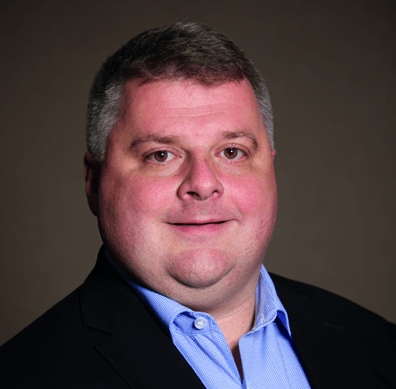Investment returns matter
Areas avoided by ESG investors, like fossil fuels, performed very badly last year, and companies that had fossil fuel exposure suffered. Wayne explained, “So what we’ve seen is not just ESG investment growing as an area of natural interest, but also by looking at performance and volatility data its done better than conventional investing.” ESG investments have not just outperformed the market in 2020, but they’ve done so with less volatility.
In the past, Wayne noted, ESG investments were often spurred on by the strong moral or environmental conviction of the fund managers. Today, he suggests, ESG is not just about doing good, but also avoiding risk; many managers see it in a much more functional light.
Wayne again added nuance to this, “you have to put data into context,” If one considers something like boardroom diversity, that may look different in different contexts and sectors, so comparing construction to tech will yield different results. Wayne gave a more prescient example, that of animal testing saying “nobody wants to hurt fluffy bunnies to assist the cosmetics industry,” but in the context of medical research in a global pandemic animal testing may be seen a different way. Wayne added, “these are questions that need to be asked and understood, because they have investment outcomes.” No longer are investors taking the view that investing sustainably might mean having to sacrifice investment returns.
Click here for more information about King and Shaxson
How to talk to your clients about ESG
So what are the key points for advisers to broach when discussing ESG matters with clients? Wayne suggests getting to grips with the ‘spectrum of capital,’ a term referencing the degrees of which a clients’ attitude align with ESG investing. He said “some investors might want to just avoid the bad or the worst offenders, some may well want to invest in the best, so as an adviser it is important not to pigeonhole your clients.”
One of the difficulties in the ESG space is certainly the terminology, or rather ‘taxonomy’ as Wayne puts it. He suggests the need to “cut through the soup” and understand how deep a client’s interest in matters of sustainability actually is. He emphasises that often people’s ethical attitudes are not static, and the media plays a role in people’s perception, “it’s important to go back and readdress where your clients stand.” Ethics are personal, and Wayne believes strongly that these discussions can help advisers to build more effective client relationships as attitudes increasingly affect matters of portfolio construction and asset allocation.
The influence of politics
We concluded by talking about the significant political and societal shifts that have taken place in 2020, and how they may shape ESG in the near future. Coronavirus accelerated trends in the use of information technology, home working and home learning. Global education is one particular area in which KSAM will focus on in 2021 through home learning technology investments; Wayne said “there is a real feeling of hope in this area.”
That considered, he was keen to highlight how ESG has developed over the last four years, despite figures like former President Donald Trump in the United States promoting the use of coal and pulling out of the Paris Climate Agreement. He said “something we learnt under Trump is that politicians are very influential, but if people don’t like what government does they get on with it anyway.” Wayne pointed to how corporations in the US carried on with their renewable policies anyway stating “it’s actually been quite a good time for renewable energy despite Trump.” With President Biden’s election, Wayne posits the market and politics will realign, which should have a positive effect, but the last years have shown how much matters to the underlying people.
Wayne concluded, “Politicians, governments, and democracy will remain very important but what we have seen over the last few years is an element of people power that we didn’t understand before, where people will carry on with ESG themes regardless of what governments do.”
The demand for greater sustainability and the growing importance of responsible investing is something which advisers and asset managers need to acknowledge and embed within their processes and practices.
About Wayne Bishop
 Wayne Bishop leads the Ethical Investing team and is CEO of King and Shaxson Asset Management. He began his career in financial markets in 1991 working in both London and Frankfurt. Wayne has been managing ethical investments since 2002. Since then, the
Wayne Bishop leads the Ethical Investing team and is CEO of King and Shaxson Asset Management. He began his career in financial markets in 1991 working in both London and Frankfurt. Wayne has been managing ethical investments since 2002. Since then, the
business has grown from about £3 million to £150 million through organic growth. Wayne has a pan-European equity and fixed income background. He introduced asset and geographical allocation to the ethical fund management division in 2002 and has built the business around the principles of professionalism, common sense, transparency, and genuine ethical values.











